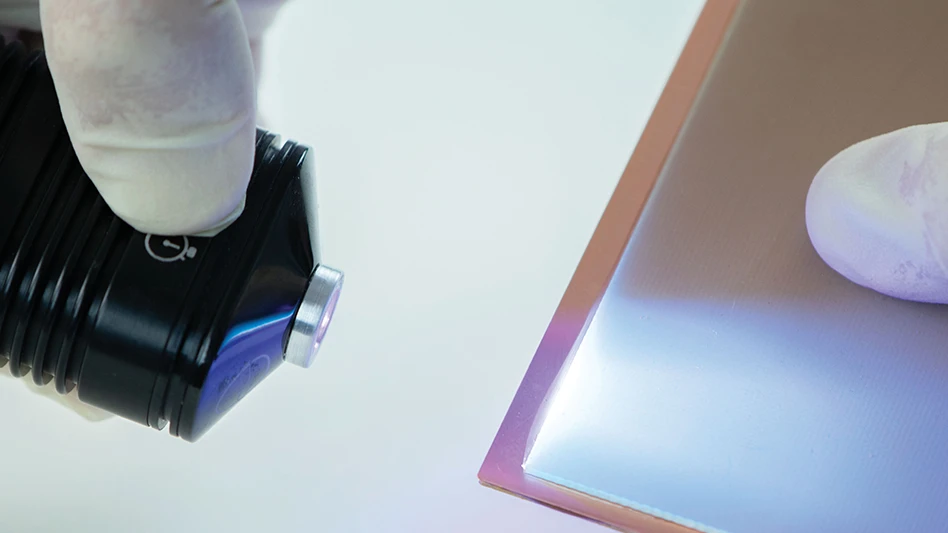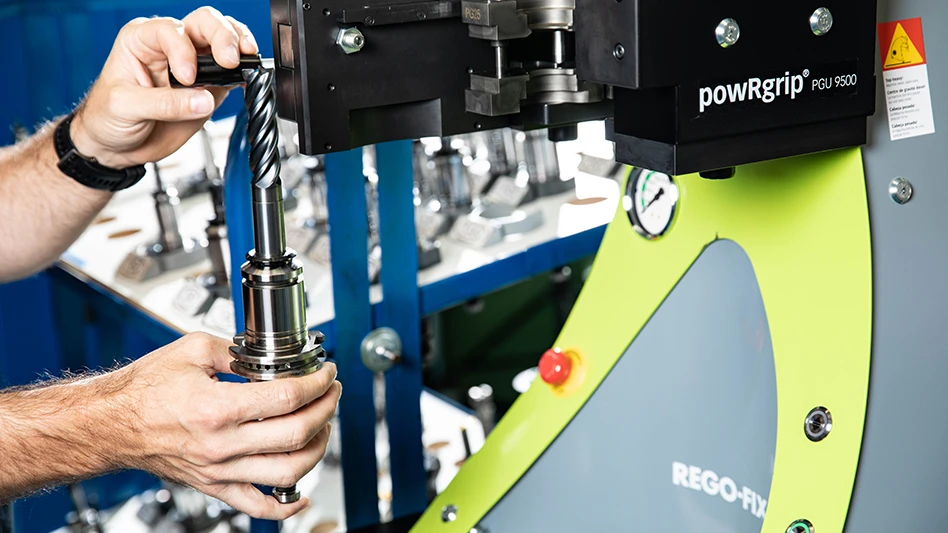EP Global Communications Inc. and EPGL Medical officials announce that company engineers have invented the world's first self-powered, self-contained, power source for contact lenses. The power supply comes from within the lenses and is self-perpetuating day or night.
"Using cutting edge technology, EPGL has invented a self-perpetuating power source for lenses which does not require external energy such as RF," states David Markus PhD. "The market for contact lenses as information data display devices is just beginning and will be a natural extension of new wearable data devices such as Google Glass."
EPGL intends to license the new technology to companies who are developing data display for contact lenses.
Researchers are now designing applications for use in contact lenses for both health care and consumer needs. One use of powered contact lenses being investigated is for displaying data in real-time to the lenses wearer about medical data such as their blood sugar level, oxygen level, heart rate, EKG and many other possible medical applications. Powered contact lenses are also being looked into as delivery devices for drugs and other therapeutic applications.
In the consumer electronics market, powered contact lenses have promise to display data from the Internet directly into the wearer's field of vision real-time.
"Imagine being able to have telescopic vision on demand or microscopic vision. The applications for what people could want to have displayed in their vision at the blink of an eye are virtually endless," states Michael Hayes, president of EPGL Medical. "We intend to license the new power technology for those applications because the future market is obviously significant in size and scope."
Latest from Today's Medical Developments
- Copper nanoparticles could reduce infection risk of implanted medical device
- Renishaw's TEMPUS technology, RenAM 500 metal AM system
- #52 - Manufacturing Matters - Fall 2024 Aerospace Industry Outlook with Richard Aboulafia
- Tariffs threaten small business growth, increase costs across industries
- Feed your brain on your lunch break at our upcoming Lunch + Learn!
- Robotics action plan for Europe
- Maximize your First Article Inspection efficiency and accuracy
- UPM Additive rebrands to UPM Advanced





